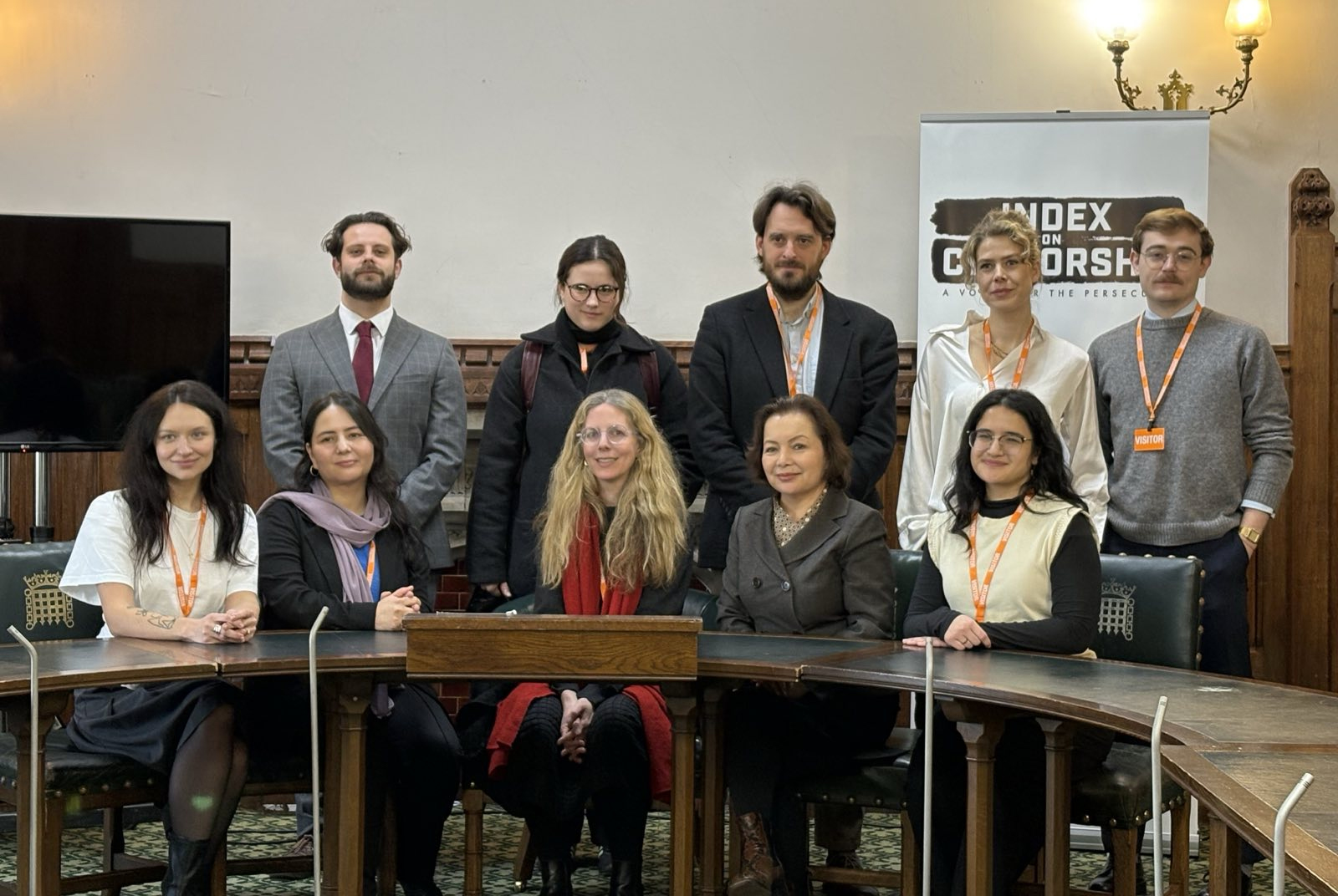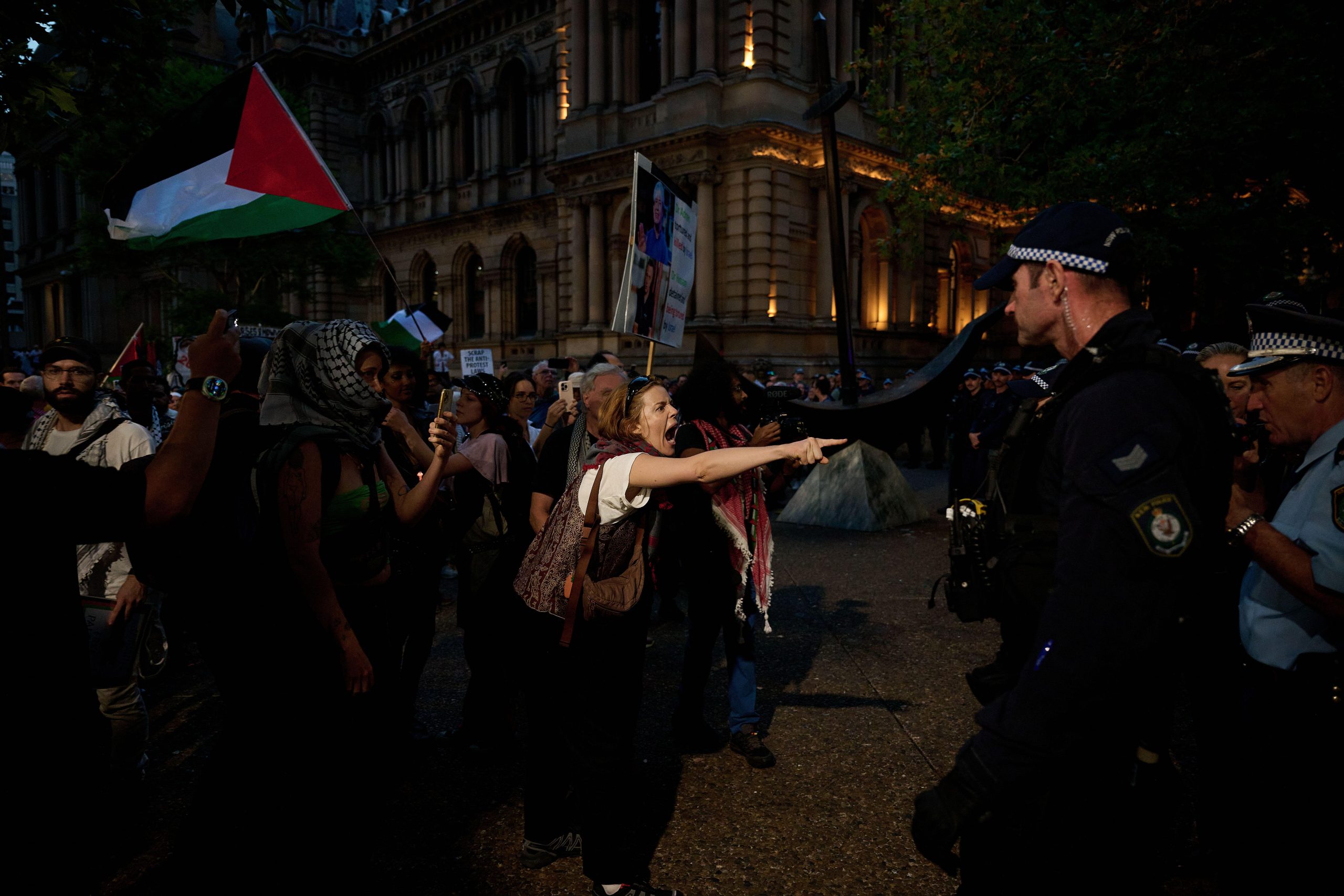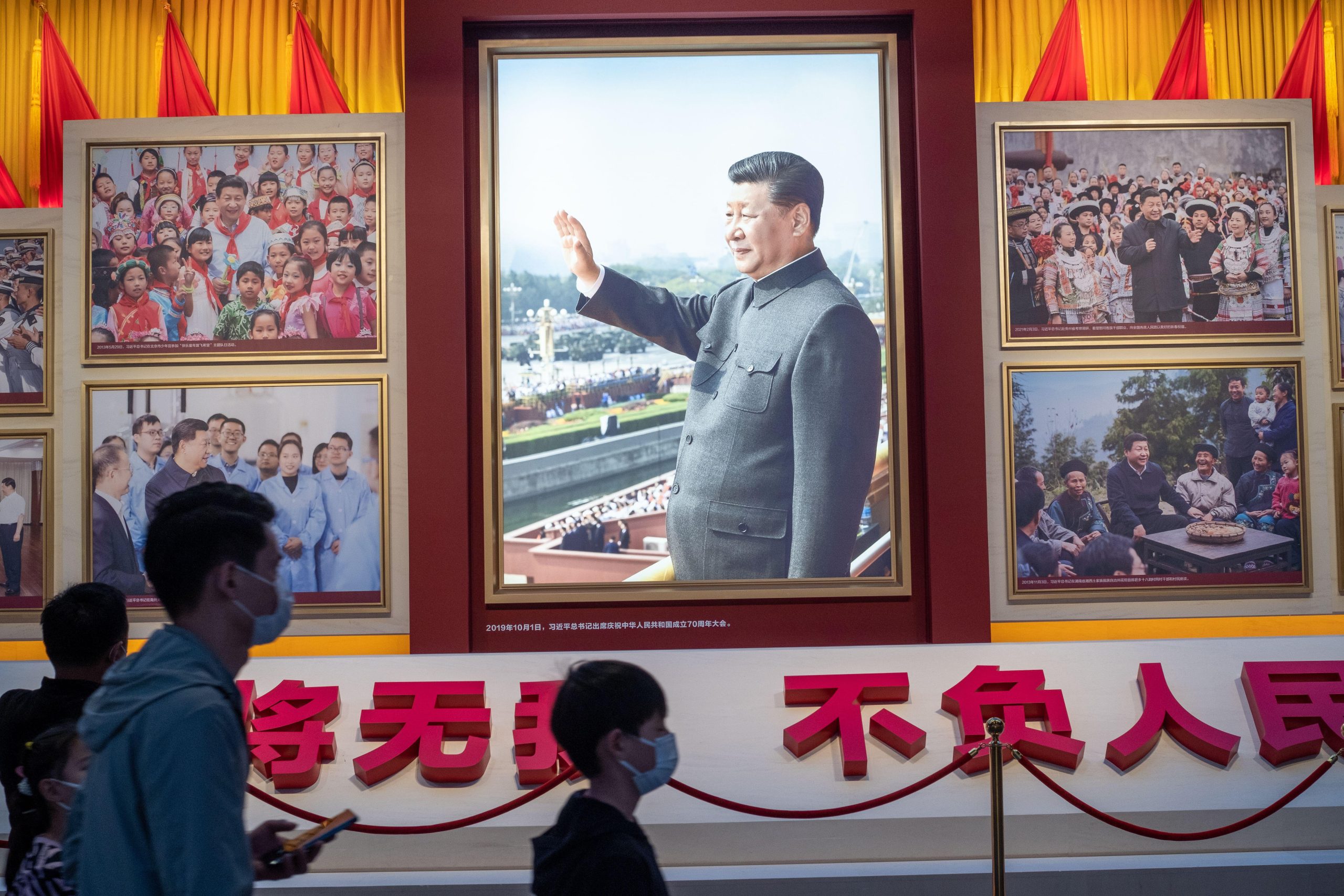 The Iraqi draft media law sparks fears of return to dark days of censorship and repression, say David Dadge and Anthony Mills from the International Press Institute
The Iraqi draft media law sparks fears of return to dark days of censorship and repression, say David Dadge and Anthony Mills from the International Press Institute
Iraq, still one of the world’s most dangerous countries for journalists, now faces a new media threat: a draft law ostensibly designed to “protect” journalists.
It’s ironic that many of the repressive media laws in effect throughout the Middle East are billed by their authors as “protective”. Across the Middle East, journalists are told that laws threatening lengthy jail terms for a variety of vaguely-defined offences are designed to “protect responsible journalism”, or “protect national security”, or “protect civil peace”, or “protect peaceful sectarian cohabitation”, or “protect the economy”, or “protect a sisterly/brotherly nation”, or “protect” the unassailable reputation of repressive rulers … and the list goes on. It’s all part of the “paternal” language with which autocratic regimes cloak the ruthless practice of muzzling independent, critical media.
Iraq is no stranger to all of this. Under Saddam Hussein’s brutal decades-long rule there was virtually no press freedom at all in Iraq. Only a handful of media outlets existed and the only kind of journalism allowed was of the fawning type, idolising Saddam and paying never-ending tribute to all of his “achievements” and “qualities”.
To dare to step outside the viciously-enforced boundaries of obsequiousness was to risk imprisonment, torture and death. Some journalists who “transgressed” disappeared, never to be seen again.
The fall of Saddam in 2003 sparked a broad transformation in Iraq’s media. Iraq’s media landscape is still characterised by political and sectarian divisions and Iraq’s authorities still intervene in the media and impose unacceptable restrictions on journalists. Outlets have been threatened with closure for “inciting violence” and stirring up sectarian hatred, and journalists have been arrested by both Iraqi and coalition forces and held without charge. But Iraq also now counts hundreds of publications, dozens of TV and radio broadcasters, and a broad audience of international satellite broadcasters — all unimaginable under Saddam.
Despite the cloud of violence that still hangs over Iraq, and the deadly carnage that has unfolded there in recent years,causing the death of countless civilians and dozens upon dozens of journalists, few Iraqi media professionals would like to see a return — albeit creeping — to censorship, fawning idolisation, and ruthlessly-enforced homogeneity.
Most Iraqi journalists are fiercely protective of their newfound media plurality, openness and freedom. That’s why the draft law published recently has raised fears.
The draft law does in fact contain some provisions that should theoretically help protect journalists in Iraq. An attack on a reporter is equated with an attack on a government employee. Further, journalists can’t be pressured into publishing material that is incompatible with their beliefs, opinions or conscience. A task force is to be set up to “protect” journalists. So far, it all sounds very nice and “paternal”.
But the draft legislation also contains language that has set alarm bells ringing.
The protection of sources isn’t guaranteed if “the law requires the source to be revealed”, the draft law states. Freedom of the press can be suspended if a publication threatens citizens or makes “provocative or aggressive statements” — a vaguely-worded phrase leaving plenty of room for interpretation and indeed manipulation.
Most alarmingly, journalists may not, the draft law declares, “compromise the security and stability of the country”, a stipulation that is ubiquitous across the Middle East and is callously and consistently used by regimes with disdain for press freedom to snuff out independent reporting.
Unsurprisingly, journalists in Iraq are worried that there too the draft law will be broadly and cynically interpreted to dramatically narrow the scope for, and eventually extinguish completely, critical, investigative and independent reporting. It portends, they fear, a sliding return to the dark days of censorship and repression.
Other troubling indicators are fuelling their concern.
The Iraqi government recently introduced new book censorship rules, and a proposal under which certain websites would be banned.
Moreover, in recent months, local media rights groups have reported a leap in lawsuits against journalists reporting on security issues and corruption.
A Shia MP recently threatened to sue a newspaper over an editorial linking an unnamed party to a bank robbery, after a member of the Shia MP’s party was arrested in connection with the robbery.
And in mid-August, Iraqi satellite broadcaster Al-Sharqiya was fined 100 million Iraqi dinar, or 60,000 Euros, for “misquoting” a top military spokesperson.
The Journalistic Freedoms Observatory (JFO), a Baghdad-based media freedom organisation, has told International Press Institute that it regards the draft law as “the beginning of the imposition of restrictions on journalists, as well as the government’s reorganising control over information”.
The irony of a law that claims to “protect”, but in fact threatens, is not lost on Iraqi journalists.
“Whatever this law gives in the left hand it seizes back with the right,” Ziad al Ajili, JFO manager, told IPI. “Best for us as journalists is to have the right of access to information, and laws guaranteeing freedom of expression, not laws surrounding us with any kind of restriction.”
At a time when the Iraqi media has taken faltering, courageous steps forwards — against the backdrop of bloody violence, grave threats, and a still-interfering and repressive government, this draft legislation represents a significant and disappointing step backwards.
A flourishing, diverse independent media must constitute a cornerstone for any country that has emerged from the shadow of a decades-long brutal dictatorship and is struggling to rebuild a modern, peaceful, pluralistic and democratic civil society. Many of the Iraqi journalists who have been slain in recent years have died in the pursuit of this noble endeavour. It would be a terrible and tragic shame if their death, it turns out, was in vain.
David Dadge is director of the International Press Institute and Anthony Mills is press & communications manager





